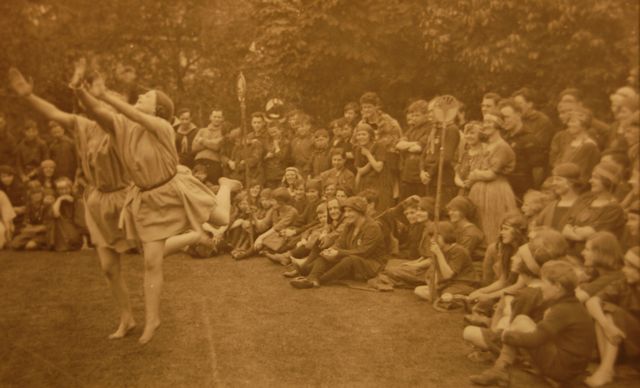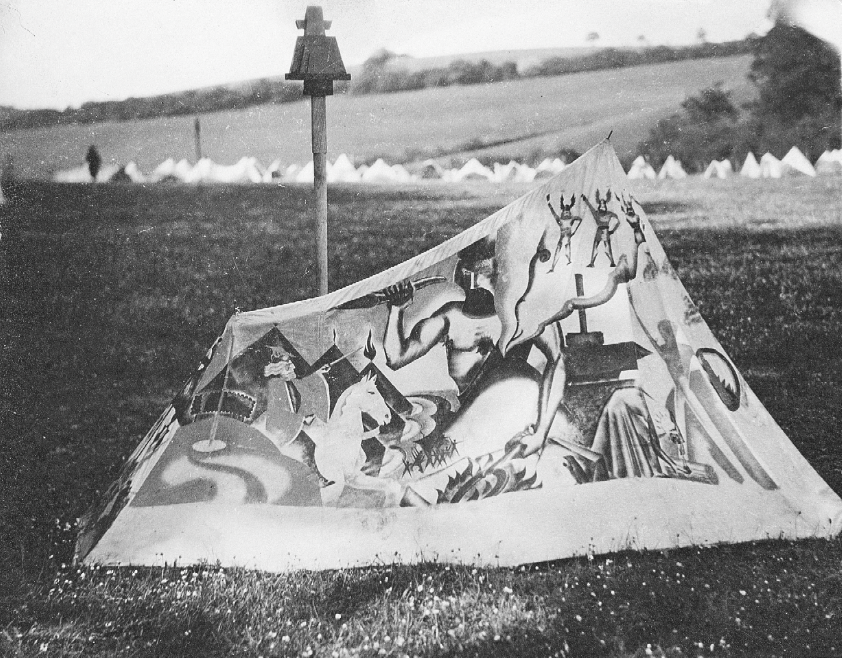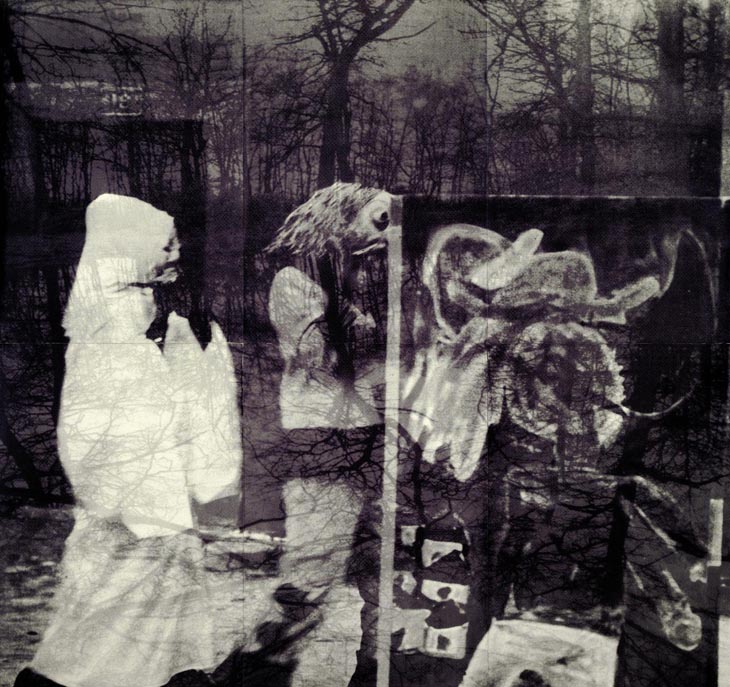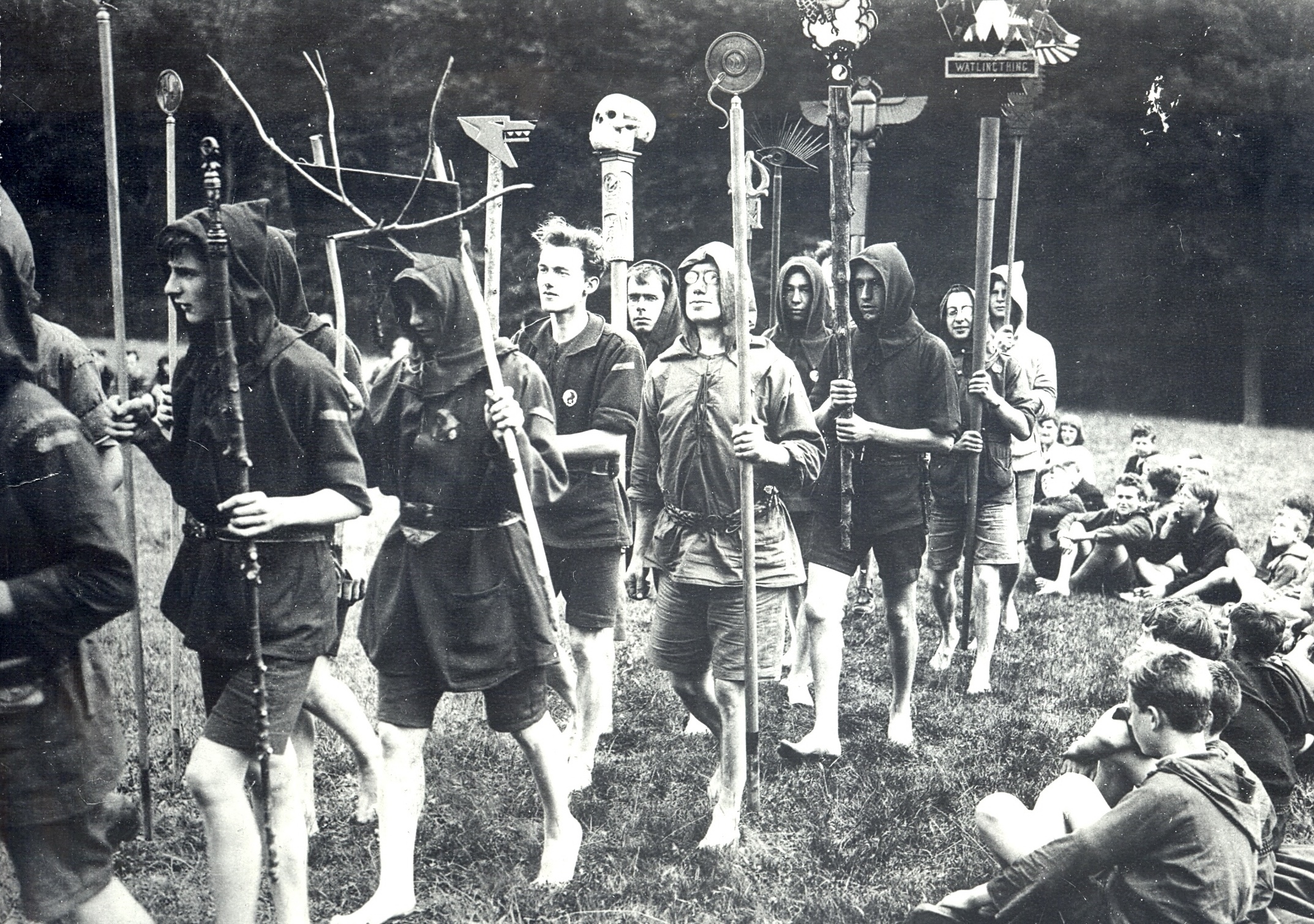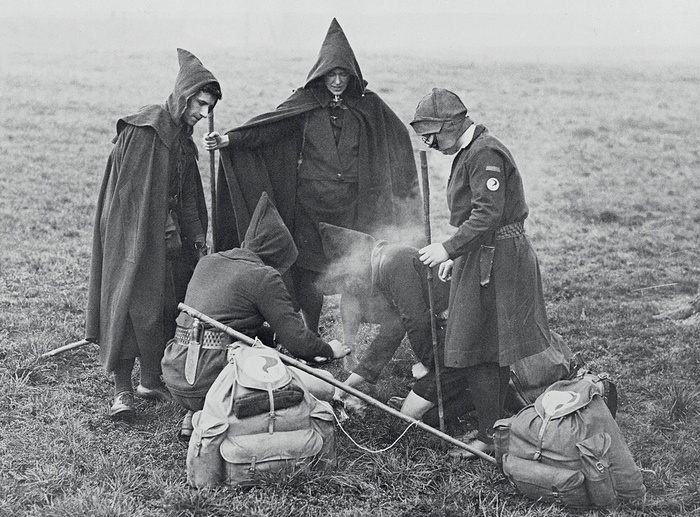Some writers are so damned original that they create their own genre. This is true even of certain pulp writers, such as the American scribbler Brent Crude, who was born on this day in 1882. After knocking out short stories at a prodigious rate for magazines such as Amazing Yarns, Astonishing Yarns, and Breathtaking Yarns, in 1922 Crude published his first full-length novel. Flapper In An Airship introduced readers to his heroine the flapper in an airship, and thus was born the entire flapper-in-an-airship genre.
Over the following two decades, dozens of hacks bashed out novels about flappers in airships, but none could match Brent Crude’s industry, nor indeed his ability to devise page-turning pot-boilers about flappers in airships. By the time of his death in 1941, it is thought he had written over fifty novels featuring the flapper in an airship.
Interestingly, Brent Crude was an exact contemporary, 1882 to 1941, of both James Joyce and Virginia Woolf. If he is little read today, it is probably because both flappers and airships have fallen out of fashion. I think, however, he is due for a revival. This is not a view shared by the literary critic Prig Blot, one of the few people who has read all of Crude’s work (or at least claims to have done so).
“These so-called flapper in an airship novels,” he contends, “are all much of a muchness, Careful analysis of the texts, as carried out by me in my Scandinavian ivory tower overlooking the fjords and glaciers of my homeland, demonstrates conclusively that Brent Crude simply shuffled about the same sentences and paragraphs of his first novel, over and over again, occasionally inserting a different adjective here and there. I have wasted ten years of my life reading and rereading and rerereading these foolish books, years I can never regain, and my soul is corroded, and all I am good for now is to eke out what time is left to me chewing salted fish and sobbing into my Scandinavian napkin.”
All of Brent Crude’s books are currently out of print.

